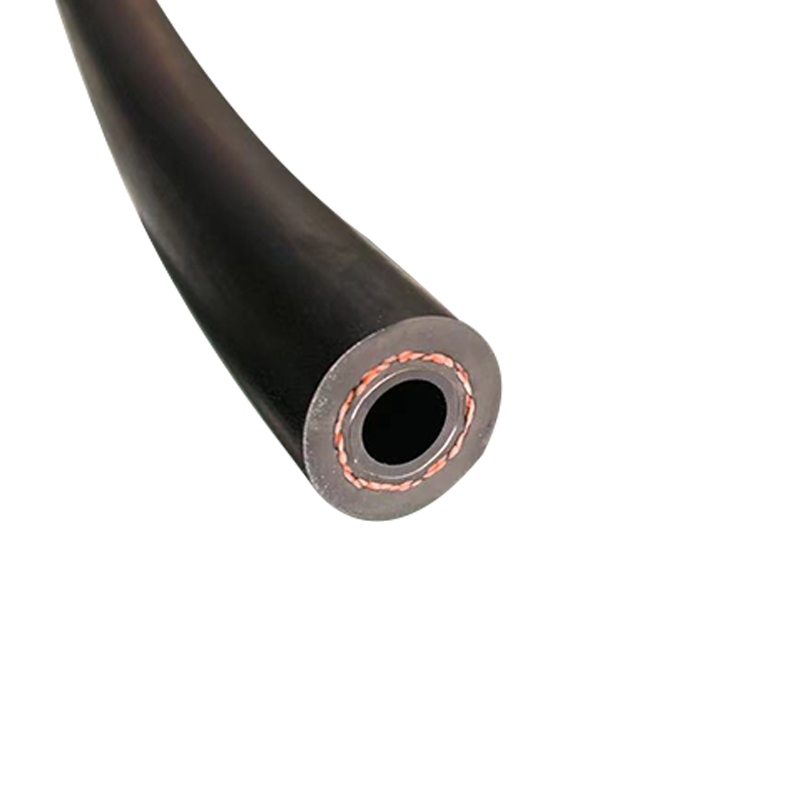Hydraulic Brake Line Maintenance and Safety Tips for Vehicle Owners
Dhj . 10, 2024 01:32 Back to list
Hydraulic Brake Line Maintenance and Safety Tips for Vehicle Owners
Understanding Hydraulic Brake Pipes A Critical Component of Modern Vehicles
In the world of automotive engineering, safety is paramount, and one of the crucial systems that ensure vehicle safety is the braking system. Among the many components that make up this system, hydraulic brake pipes play an essential role. These pipes serve as the lifeline for brake fluid flow, enabling the vehicle to decelerate or come to a complete stop when needed. In this article, we will explore the importance, functionality, construction, and maintenance of hydraulic brake pipes.
The Role of Hydraulic Brake Pipes
Hydraulic brake pipes are part of the hydraulic brake system, which operates on the principle of transmitting force through incompressible fluids. When a driver presses the brake pedal, a piston inside the brake master cylinder pushes brake fluid through the hydraulic lines and brake pipes to the brake calipers or wheel cylinders at each wheel. This transmission of force enables the brake pads to clamp down on the rotors, creating the necessary friction to slow down or stop the vehicle.
The effectiveness of this system relies heavily on the integrity of the hydraulic brake pipes. Any leaks, blockages, or damages can lead to brake failure, which poses a significant danger to the driver, passengers, and other road users.
Construction of Hydraulic Brake Pipes
Hydraulic brake pipes are engineered to withstand high pressure and temperature fluctuations. They are often made from materials like steel or reinforced rubber, depending on the specific requirements of the vehicle. Steel pipes are preferred for their durability and resistance to corrosion, while flexible rubber hoses are commonly used for areas that require movement, such as near the suspension.
Brake pipes must meet stringent safety standards to ensure they can handle the intense conditions during braking, including the potential for exposure to road chemicals, moisture, and extreme temperatures. The pipe diameter and thickness are also crucial as they determine the volume of brake fluid that can flow, affecting the brake response.
hydraulic brake pipe

Importance of Maintenance
Maintaining hydraulic brake pipes is a vital part of vehicle care. As with all vehicle components, regular inspection is key to ensuring they remain in good condition. Drivers should look for signs of wear, such as rust, cracks, or bulges in the pipes. Additionally, it’s essential to check for any fluid leaks around the fittings or connections, as leaks can lead to a loss of brake fluid, resulting in decreased braking power.
Brake fluid itself should also be checked and replaced periodically as it can absorb moisture over time, leading to corrosion within the braking system and reducing its effectiveness. Most manufacturers recommend flushing the brake fluid every one to two years.
The Impact of Technology
Modern vehicles often incorporate advanced technologies in their braking systems, including anti-lock braking systems (ABS) and electronic brakeforce distribution (EBD). These systems rely on hydraulic brake pipes to function correctly. As technology advances, the materials and designs of hydraulic brake pipes are also evolving to make them even safer and more efficient.
There is an ongoing trend in the automotive industry towards using lighter materials that can withstand the required pressures, which helps improve fuel efficiency without compromising safety. Additionally, the advent of smart materials and sensors may pave the way for future innovations in hydraulic braking systems.
Conclusion
In summary, hydraulic brake pipes are a critical component of any vehicle's braking system, directly impacting the safety and performance of the vehicle. Regular maintenance and attentive care are crucial in ensuring that these pipes remain in optimal condition. As technology progresses, innovations in materials and designs will continue to enhance the safety and efficiency of hydraulic brakes, making our roads safer for everyone. Understanding the role and importance of hydraulic brake pipes is essential for all drivers, as it highlights the interconnected nature of automotive systems and the importance of vehicle maintenance for road safety.
